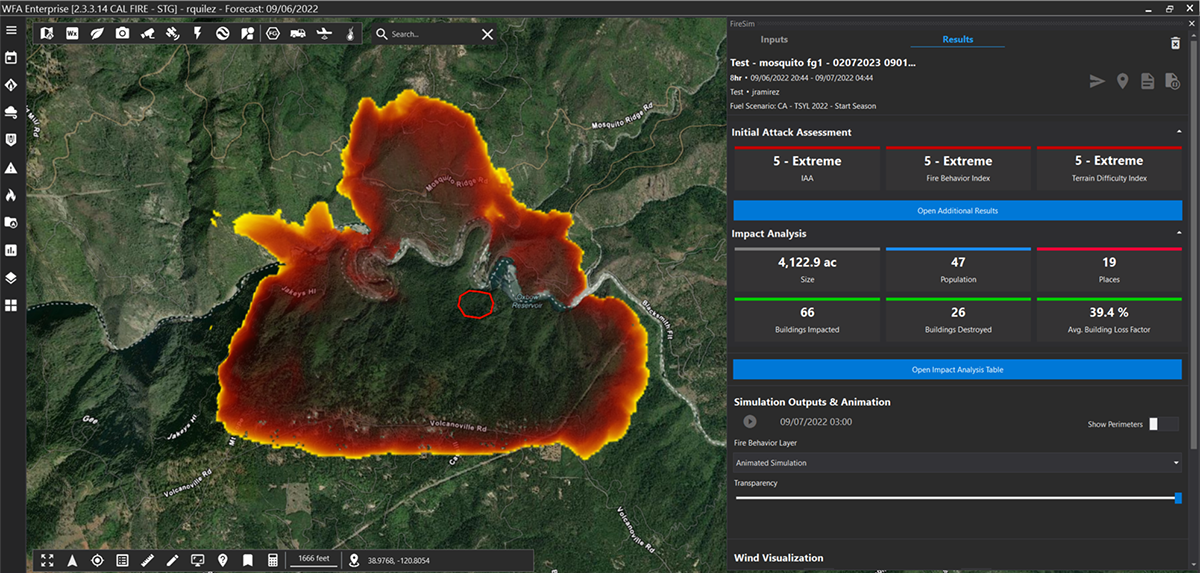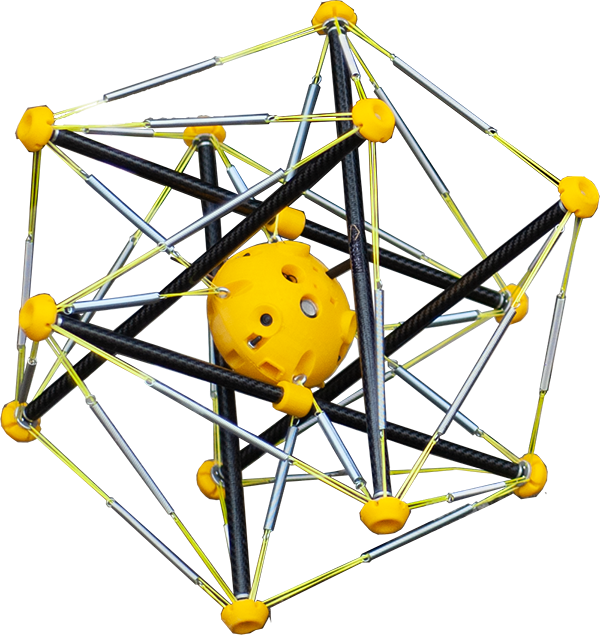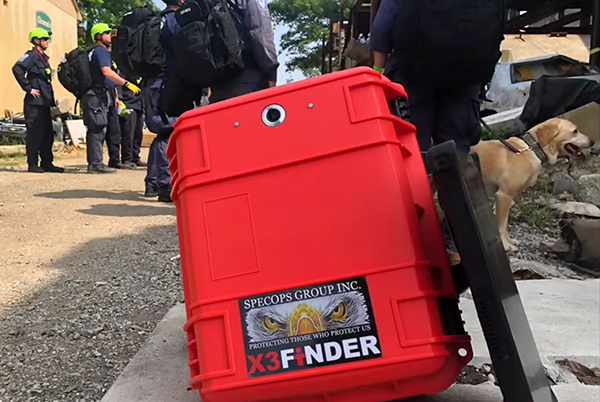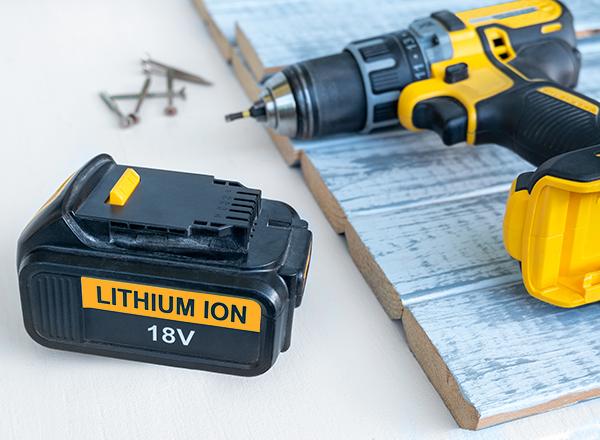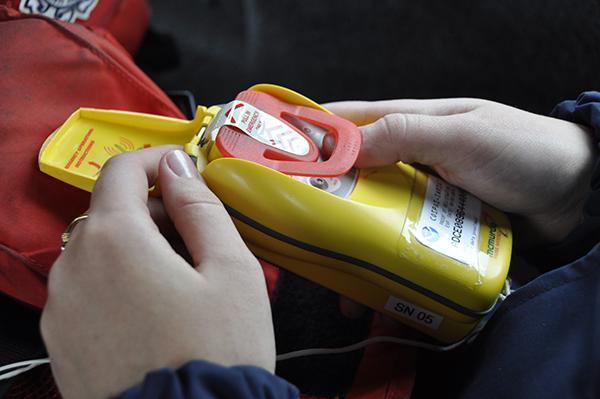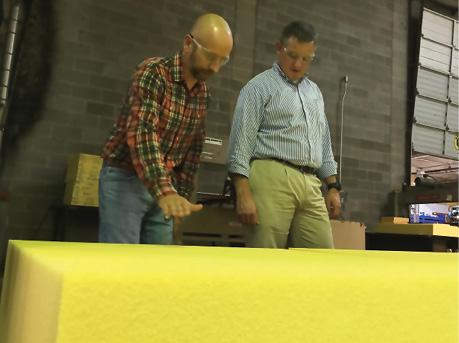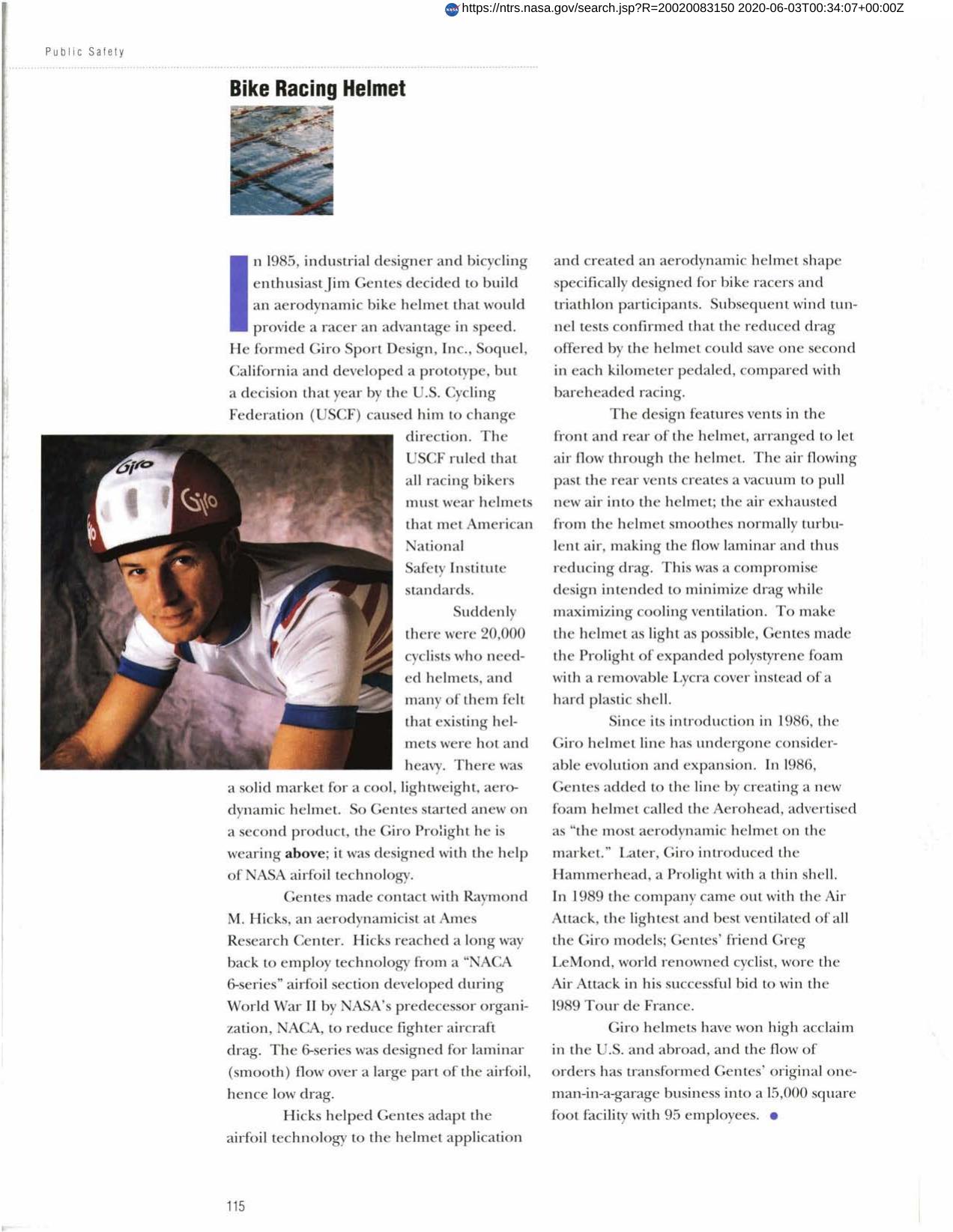
Bike Racing Helmet
Originally published in 1992
Body
In 1985, the U.S. Cycling Federation ruled that all racing bikers must wear helmets that meet American National Safety Institute Standards. Existing helmets were hot and heavy. Jim Gentes, president of Giro Sport Design, Inc. turned to Raymond Hicks an aerodynamicist at Ames Research Center for a design for a cool, lightweight helmet. Hicks created an aerodynamic helmet shape using technology from a NACA airfoil section. Air vents make the air flow laminar and reduce drag. Since 1986, Giro helmets have evolved and expanded. One was worn by the 1989 Tour de France winner.
Full article: http://hdl.handle.net/hdl:2060/20020083150
Abstract
In 1985, the U.S. Cycling Federation ruled that all racing bikers must wear helmets that meet American National Safety Institute Standards. Existing helmets were hot and heavy. Jim Gentes, president of Giro Sport Design, Inc. turned to Raymond Hicks an aerodynamicist at Ames Research Center for a design for a cool, lightweight helmet. Hicks created an aerodynamic helmet shape using technology from a NACA airfoil section. Air vents make the air flow laminar and reduce drag. Since 1986, Giro helmets have evolved and expanded. One was worn by the 1989 Tour de France winner.

Bike Racing Helmet

Bike Racing Helmet




